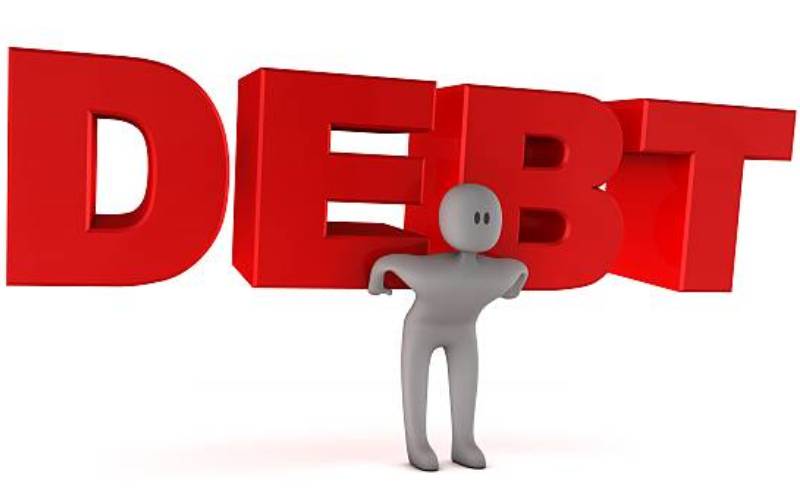×
The Standard e-Paper
Fearless, Trusted News

President Uhuru Kenyatta in his Madaraka Day speech yesterday sought to defend his borrowing legacy, and even asked the next government not to shy away from borrowing.
That will was, no doubt, music to National Treasury Cabinet Secretary Ukur Yatani who wants MPs to push the debt ceiling to Sh10 trillion from the current Sh9 trillion.